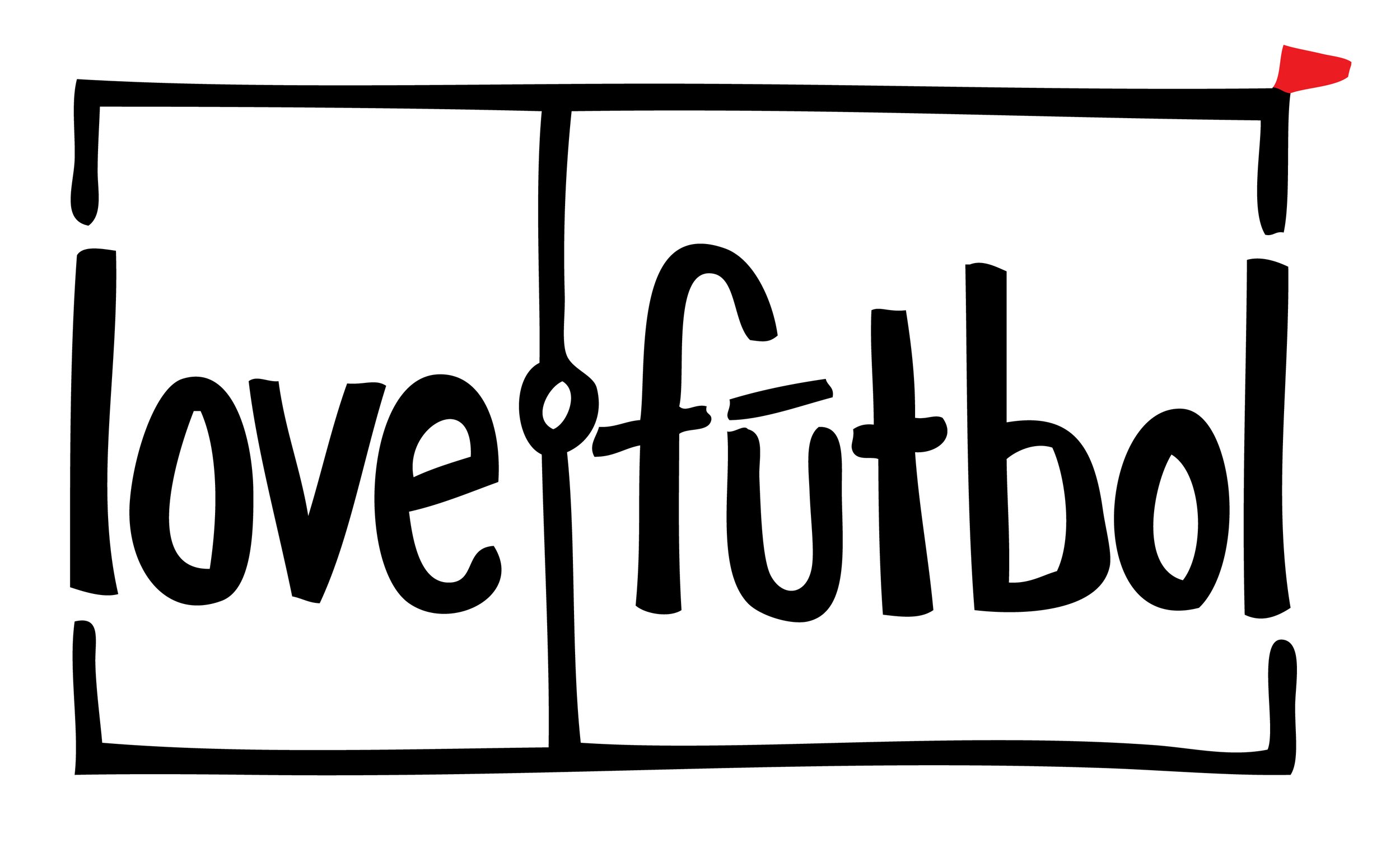It begins with a place to play.
December, 2005.
Sunset in Cascades d'Ouzoud, Morocco, when the first idea of love.fútbol came to my mind.
The story of love.fútbol began in Morocco. That’s a soccer passionate country – though, as we know, there are many. At the right hour, it would seem children were chasing down a ball on every street corner. However, it was in one narrow alleyway, in a town near Cascades d’Ouzoud, where love.fútbol actually came about.
It was a 4-on-4 game of pickup, with the most senior player no older than ten. In a small opening of the alley, maybe three by eight meters, lay their ground. Running from top to bottom and splitting two rock goal posts at either end was a canal about a foot wide and deep, and with hard cement corners.
The children jumped back and forth effortlessly over the gap, and without looking. Their cracked plastic ball still rolled relatively true over the cobblestone – chipping it back and forth as they played. They’d grown up there. The canal was part of the game.
Youth determination and innovation to play was always something quite beautiful to me. I’d been fortunate to grow up around all types of makeshift soccer in many other parts of the world – trees and tires as goals, crooked spaces, slanted pitches, irregular, imperfect, but still these venues maintained the great power of the game.
Soccer’s great strength is its simplicity. You don’t need a perfect pitch for it to serve perfectly. Our logo tries to capture this idea.
However, this moment in Morocco was different. It crossed a line beyond what I respected as the beautiful imperfection of soccer on the grassroots level and began within me a question: what stands between children and their passion for the world’s most simple and beloved game?
Since love.fútbol’s founding in 2006, we’ve learned a lot about that question. In Zacapa, Guatemala, with enough moonlight, children play clandestine soccer on prohibited land owned by drug traffickers. Outside of Khayelitsha in Capetown, South Africa, they dash between speeding 18-wheelers to cross the eight-lane N2 Highway and play for miles along the highway median. Every day they dribble barefoot in trash dumps, over glass, metal shards and rocky land. And when the sun finally sets and it becomes too dark to play, they walk home at night through neighborhoods that are not their own. But perhaps the most common is what we don’t see – that quietly, almost invisibly, without a decent place to go, they stop showing up and the game slips out of their lives.
Sport, like music, art, and dance, is a universal medium of self-expression. These mediums are part of what defines us as human. They are some of our greatest sources of health, hope, and happiness. They connect us to our communities, to ourselves, and to the world.
love.fútbol exists as an effort to ensure every child has a safe place for fun, passion, and play.
Drew Chafetz
Co-founder, CEO
love.fútbol

